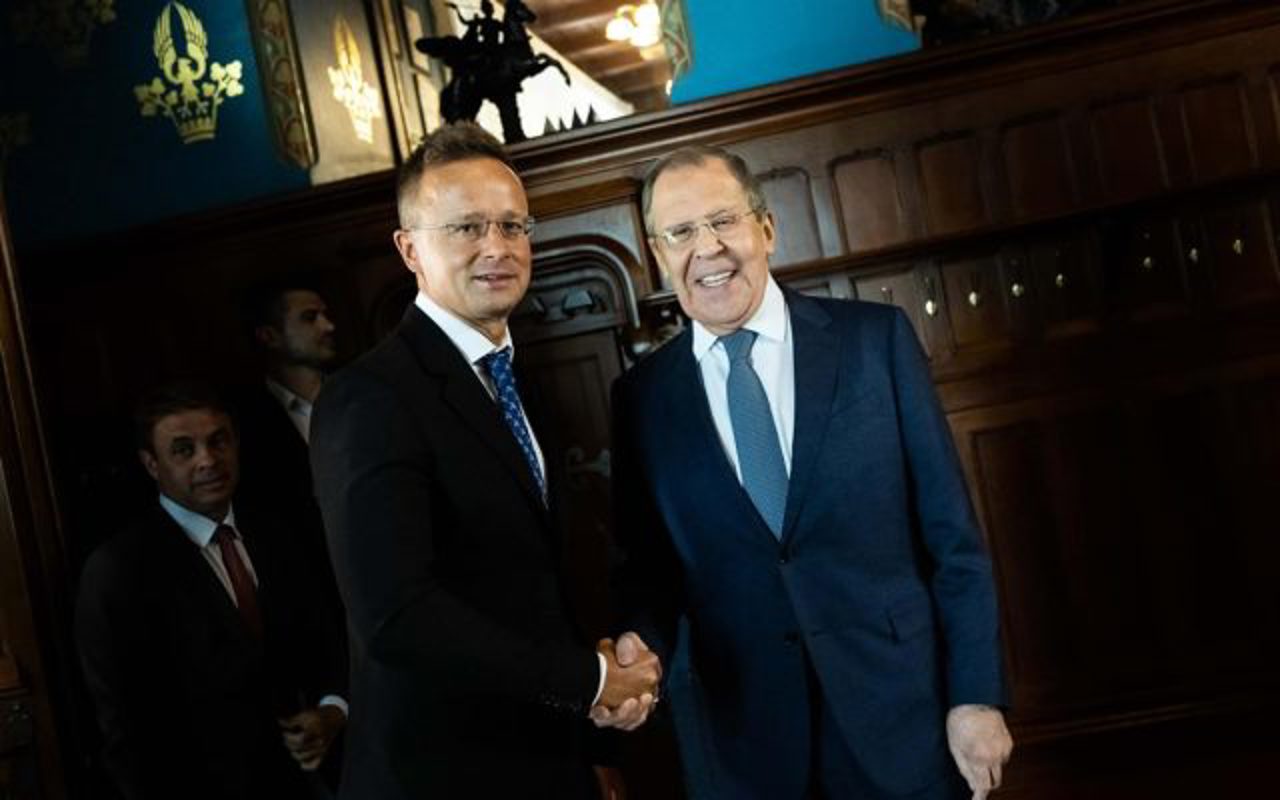Hungary's gas veto threat casts doubt on Bulgaria's schengen entry
Hungary's long-held ambitions to see Bulgaria join the passport-free Schengen zone face a fresh hurdle as Foreign Minister Peter Szijjarto brandished a veto threat, contingent on Sofia's removal of a contentious transit tax on Russian gas.

This latest development in the protracted saga of Romanian and Bulgarian Schengen accession raises concerns about political leverage and energy dependence, potentially further straining relations within the European bloc.
Szijjarto's statement, quoted by Reuters, leaves little room for ambiguity: "We have clearly informed the Bulgarians that prolonging the tax, thereby jeopardising Hungary's long-term energy security, will result in our vetoing their Schengen entry." This stark declaration comes mere days after the Netherlands lifted its own veto on Bulgaria, leaving Hungary as the sole remaining impediment.
The timing of Hungary's opposition is noteworthy, coinciding with the EU's recent decision to begin accession talks with Ukraine. Despite Russia's ongoing aggression, all 27 member states, except Hungary, voted in favour of this move. This further isolates Budapest, known for its close ties with Moscow even during the war.
Analysts suggest Orban's resistance may stem from Hungary's significant reliance on Russian gas. Under a 2021 agreement, Hungary receives a substantial portion of its energy needs – 4.5 billion cubic metres annually – through pipelines traversing Bulgaria and Serbia. Szijjarto contends the Bulgarian tax, implemented this year, violates EU regulations and jeopardises energy security not only for Hungary but also for Serbia and North Macedonia.
However, Bulgaria maintains the tax's legality and compliance with EU norms. They argue it's a necessary measure to offset infrastructure costs associated with gas transit. The European Commission is currently investigating the matter, adding another layer of complexity to an already intricate situation.
The potential consequences of Hungary's veto are significant. It could further delay the long-anticipated Schengen entry of both Romania and Bulgaria, already stalled for years due to various concerns. Additionally, it could exacerbate tensions between Hungary and its EU partners, particularly those advocating for a firmer stance against Russia.
With the onus now on Bulgaria, the fate of its Schengen aspirations hinges on its response to Hungary's demands. Whether Sofia chooses compromise or stands firm on the gas tax remains to be seen. One thing is certain: the saga of Schengen expansion is far from over, with Hungary's latest move injecting fresh uncertainty into the process.
Translation by Iurie Tataru






